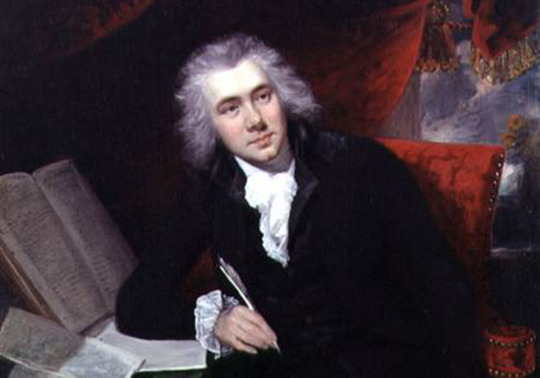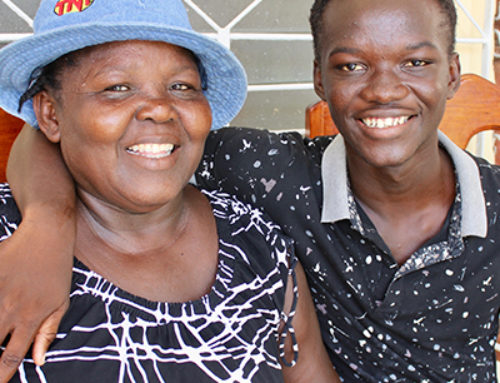
Throughout history, many people have used the guise of religion to promote, encourage, or grow apathetic to the problem of slavery. However, there have also been many
men and women who refused to let their interpretation of religious doctrine excuse slavery in any form. The men and women who stood against slavery have become regarded as both heroes of their faith and some of the strongest advocates for social justice in history. Here are five religious figures who sought to end slavery.
William Wilberforce
Wilberforce had a way with words that eventually led him to find success within the government. At only 21 years old, he was elected into parliament, and he used his platform in order to speak, and fight, against the slave trade. Although Wilberforce grew up wealthy, he was opposed to those who made their fortunes at the expense of slaves, and he would often use his position in Parliament to introduce new bills to end slavery. William Wilberforce passed away three days after his final bill in the British Parliament was passed; because of Wilberforce, his heart for ending slavery, and his persistence, slavery was banned in the British colonies in 1833.
Frederick Douglass
Douglass is a well-known American abolitionist who grew up as a slave in Maryland. He escaped slavery when he was twenty years old and went on to become a famous writer, speaker, and activist against slavery. His three autobiographies, Narrative of the Life of Frederick Douglass, an American Slave, My Bondage and My Freedom, and The Life and Times of Federick Douglass are still highly regarded as some of his greatest contributions. Through thousands of speeches, editorials, and writings, Douglass’s work was pivotal to the American abolitionist movement in the 1800s.
Nehemiah
Nehemiah is the main figure in the biblical book of Nehemiah. He was given approval to return to and rebuild Jerusalem, which had been destroyed by Babylon, and he was made Governor over the newly rebuilt city. Nehemiah’s political and social reforms are some of the most prominent accounts of its kind in the scriptures. We like the story of Nehemiah because it demonstrates the power of strong governmental policy reform and the way it can contribute to the social good of the society it governs.
The Quakers
Although this isn’t one specific religious leader, the Quakers helped lead the charge for white people to join the abolition movement. Quakers are members of the Religious Society of Friends, a denomination of the Christian faith. They believed that slavery was a major transgression both on the ethical and religious level, and they sought to influence public opinion and sway the masses to believe the same.
Richard Allen
Richard Allen grew up a slave to a wealthy family in Pennsylvania, but later became the founder of the Free African Society of Philadelphia. This society adopted much of the Quaker doctrine and its services closely mimicked that of the Quaker Church. He also founded the African Methodist Episcopal Church after racial tensions heightened within the Methodist Episcopal Church he attended.
This list doesn’t even begin to cover the number of men and women who have taken a stand against slavery throughout history. We could write articles upon articles about
people who have fought to end slavery. While it is true that much has been done to make slavery an issue of the past, unfortunately, it is still a modern-day problem.
Slavery exists in various forms today, one of them being restavek, a type of child slavery in Haiti. We at Restavek Freedom are committed to end child slavery in our lifetime.
If you are interested in learning more about how you can help us end modern-day child slavery, contact us or visit our website today!







